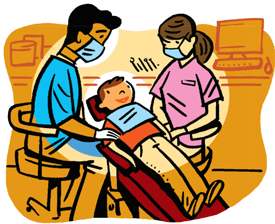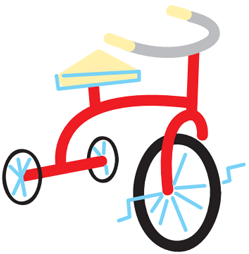- Find a Doctor
-
For Parents
- Before Your Visit
- During Your Visit
- After Your Visit
- More Resources for Parents
Patient & Visitor Resources -
Services
- Locations
-
About Us
- About Childrens
- Find it Fast
- Additional Resources
Find it FastAdditional Resources - MyCHP
ALERT:
There is construction in and around UPMC Children’s Hospital that is affecting the traffic flow – please allow for extra time traveling into the hospital.
- Find a Doctor
- For Parents
-
Services
-
Frequently Searched Services
- Asthma Center
- Brain Care Institute (Neurology & Neurosurgery)
- Cancer
- UPMC Children's Express Care
- Ear, Nose, & Throat (ENT)
- Emergency Medicine
- Endocrinology
- Gastroenterology
- Heart Institute
- Genetic & Genomic Medicine
- Infectious Diseases
- Nephrology
- Newborn Medicine
- Primary Care
- Pulmonary Medicine
- Rheumatology
- Surgery
- Transplant Programs
- See All Services
-
Frequently Searched Services
- Locations
- About Us
- MyCHP
- I Want To
- More Links









 At
At  When sedation is needed, there are important rules for eating and drinking that must be followed in the hours before the procedure. One business day before your child’s procedure, you will receive a phone call from the Dental Clinic. Calls are not made on weekends or holidays. Please have a pen and paper ready to write down these important instructions.
When sedation is needed, there are important rules for eating and drinking that must be followed in the hours before the procedure. One business day before your child’s procedure, you will receive a phone call from the Dental Clinic. Calls are not made on weekends or holidays. Please have a pen and paper ready to write down these important instructions. 